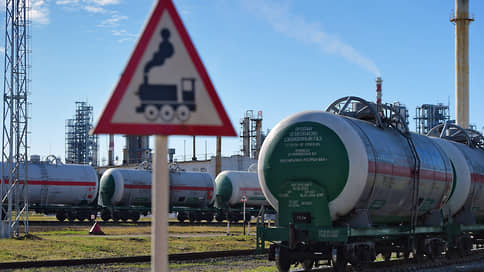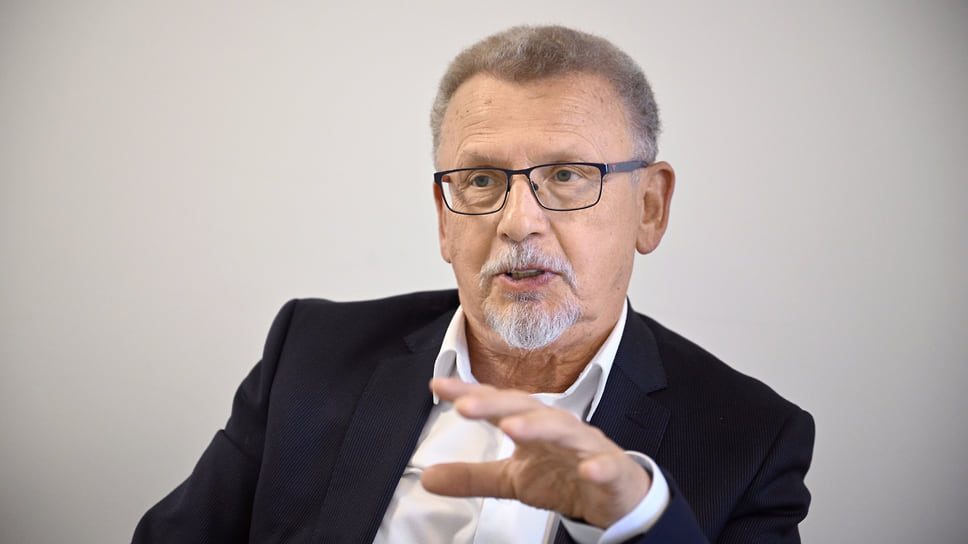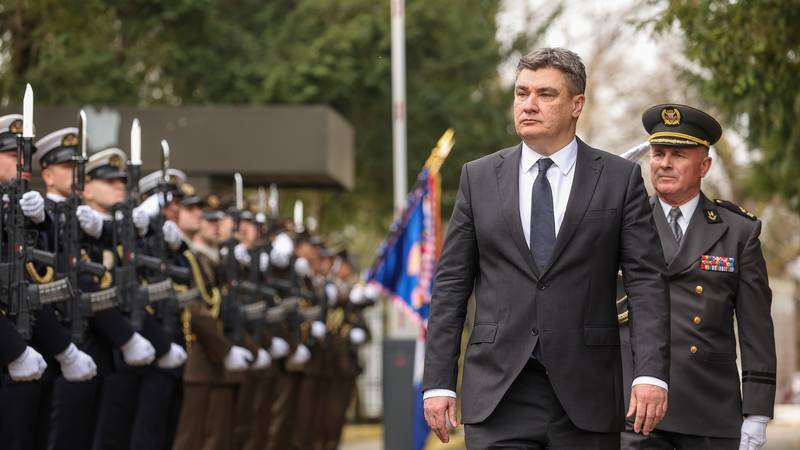The authorities are discussing the acceleration of the transportation of oil products under setting contracts

The authorities, discussing the extension of the export of gasoline for September -October, intend to simplify the logistics support of exchange trading in oil products. In particular, we are talking about reservating railway infrastructure for exchange transportation of oil products, testing futures in exchange sales, correction of tariffs for transshipment. Market participants see the need to accelerate traffic by the railway sold on the exchange.
The authorities instructed to adjust part of the fuel market regulation mechanisms. This is stated in the document following the meeting on May 14, Deputy Prime Minister Alexander Novak with departments and oil companies, which is at the disposal of Kommersant. After it, Mr. Novak spoke about the possible extension of the ban on export of gasoline to all involuntary, expiring in August, on September – October. The protocol reflects this proposal: the agreed report of the departments should be submitted until August 5.
The FAS and the Ministry of Energy were entrusted if necessary to prepare changes in the order on the standards of exchange sales of fuel – with the possibility of offsetting volumes in them according to the setting futures contracts.
Maxim Dyachenko, managing partner of the Proleum trader, believes that the inclusion of setting futures in the offset of exchange sales standards is important primarily to optimize logistics. According to him, the transition to such tools will practically not change the working conditions for vertically integrated oil companies (WINK): if they do not want to insure price risks, futures can be used as a mechanism for the supply of goods similar to a spot transactions.
But the key advantage of the new scheme, notes Mr. Dyachenko, will simplify transportation planning. Now, he continues, in sport sales, oil companies are forced to place orders for transportation daily – an average of about 56 thousand transactions per month, which creates a serious load on Russian Railways. The use of setting futures will allow you to submit applications for transportation in advance – 15 days before the start of the month, Maxim Dyachenko points out.
“The task is to translate the entire market, 100% wholesale fuel sales on the exchange, to the instrument of setting futures,” he explains. In his opinion, with the current increase in exchange trading volumes (already about 35% of all railway transportation of fuel, they go under exchange cargoes), the transition to futures is necessary to prevent a possible transport collapse.
The protocol indicates that the Ministry of Transport, the Ministry of Energy, Russian Railways and the St. Petersburg Exchange is being worked out by the introduction of a “wagon reservation” system for exchange transportation of oil products. The Kommersant source in the oil products market recalls that the main task of exchange trading is to ensure the access of small players to the oil products market. It was with that Two main problems.
- One was that Wink concludes long -term contracts, but require guaranteed purchase, and small customers cannot purchase a lot when there is no demand, for example, in winter.
- The second is that when there is a deficiency of fuel, Wink ship it either to large customers, or to its gas station network, and not to small market participants.
After the fulfillment of standards for exchange sales began to influence the receipt of a reverse excise tax, Wink became more interested in working on the exchange, he notes.
But with the shipment by the railway of the fuel in exchange transactions there is a big problem, says the interlocutor of Kommersant. The usual sale of fuel is more or less predictable, and exchange trading is not. On the railway, applications for transportation are submitted in a month, they can be adapted at the expense of an additional plan, but in fact, this possibility is rare to implement. And exchange trading is going on every day, and certainty should be very high: two days after the application worked, the buyer must issue a requisite application to the seller (indicating the station), and pay, after thirty, the plant must ship.
“In fact, taking into account these contradictions, fuel may be late for the seller for a month,” he notes. There are enough tanks for the transportation of petroleum products, he notes: it is precisely about reservation of infrastructure, freight ability (what Provides Railways provides), he notes, saying that by his order, Alexander Novak instructs to give speeds to exchange transactions. Meetings have already been held in the Ministry of Transport, he adds, the proposal is discussed with the Ministry of Energy and OJSC Russian Railways. This reserve should be small, but stable, the interlocutor of Kommersant believes.
In the Ministry of Transport, the Ministry of Energy and the FAS, they did not respond to the request “Kommersant”. Oil cargoes belong to the highly profitable category, resemble Russian Railways, the company is interested in every additional ton and, together with oil workers in operational mode, is looking for opportunities to increase the volume of shipment and increase the speed of transportation of products. “The transportation of petroleum products is under the special control of Russian Railways,” the company notes. “The reception of cargo in limiting areas is carried out in accordance with the rules of non -scrimination access. At the same time, sending for the needs of the domestic market is used by increased priority. ”
In addition, according to the protocol, the Ministry of Energy and the FAS until June 10 should analyze tariffs for transshipment of oil products in the Primorsky port, taking into account bets in the port of the Baltic and present a coordinated position to the government. An expert at the Financial University under the Government of the Russian Federation Igor Yushkov connects an order to revise tariffs for transshipment in the Primorsky port with an increase in logistics risks in the export of oil through the Baltic. According to him, freight rates are growing in this direction: shipowners lay additional bonuses for risks associated with the active actions of the European authorities. In these conditions, Mr. Yushkov believes, oil companies seek to compensate for the increase in costs at the expense of other links in the logistics chain, including reducing tariffs for transshipment. “Even a slight change in bets in Primorsk can increase the competitiveness of the Far Eastern route,” the expert notes.







